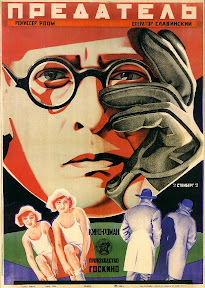From Foucault's Space, Knowledge, and Power
Another interesting aspect of power that Foucault touches on in this section is the relationship of architecture, and more generally space or geography, to power. For him, infrastructure had a great effect on the way that society in the modern sense was molded; the development of railroads and later electricity definitively changed the ways that people interact within a space and, more broadly, feel about themselves as a nation. On a more microscopic level, the development of architecture was both liberating and confining depending on its usage: an enclosed square could be a very nice open public space while simultaneously being available for unending surveillance. Thus, there is a tension with individual’s interaction with space, and their tendencies within. This relates to Foucault’s important idea of the Panopticon and Panopticism, which draws the connections between action and surveillance. The element of knowledge and communication comes forth in both the micro and macro levels; accessibility and mobility increased, communication increased. This notion of infrastructure is even more interesting in light of more advanced technology that he didn’t live to see in an operable state. The internet in particular, with its ability to traverse the globe and glean information from millions of sources changes the way in which we interact with the world. A new power relation is formed in the way this accessibility and knowledge effect us, one where control is perhaps (optimistically) further relinquished in favor of the individual.
Conversely (and sticking with the internet tangent), the internet also allows greater surveillance in the sorts of information that is digitally transmitted. Take, for example, Google’s recent move into China under the pretense of government controlled censorship. Further, the inexplicable advertisements that seem to know exactly where you live and the sorts of products you consume, due to the advancement and manipulation of “cookies” embedded within folder in your hard drive.
Subscribe to:
Post Comments (Atom)


No comments:
Post a Comment